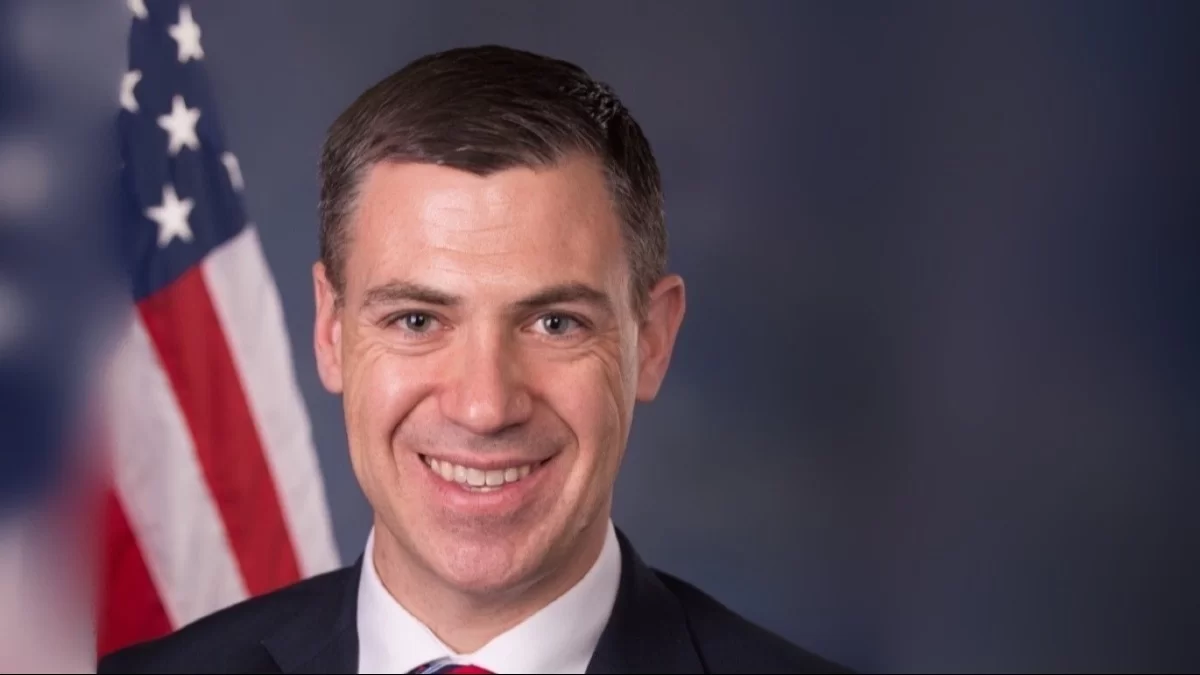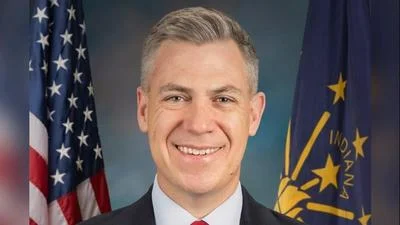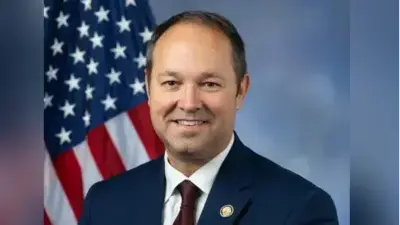Rep. Jim Banks, U.S. Representative for Indiana's 3rd District | Rep. Jim Banks Official Photo
Rep. Jim Banks, U.S. Representative for Indiana's 3rd District | Rep. Jim Banks Official Photo
Rep. Jim Banks from the Select Committee on the Chinese Communist Party has urged Secretary of Commerce Gina M. Raimondo to investigate the national security implications of Chinese electric vehicle (EV) imports under Section 232 of the Trade Expansion Act of 1962. In a letter, Rep. Banks emphasized the need for global Section 232 tariffs due to the escalating national security risks associated with Chinese EV imports.
According to Rep. Banks, the current situation poses a significant threat to America's national security and auto industry, stating, “Joe Biden staked America’s national security and our entire auto industry on the success of his EV transition, and right now China is eating our lunch." He highlighted the importance of the White House either reconsidering its green energy ambitions or addressing China's unfair trade practices to prevent detrimental consequences for American autoworkers and the defense industrial base.
Rep. Banks expressed his disagreement with the Biden administration's EV policies, emphasizing the necessity for ensuring that EVs are manufactured in the United States. He raised concerns about China's substantial share in global EV exports, attributing their success to longstanding industry promotion policies that have enabled them to sell EVs at competitive prices.
The congressman underscored the risks posed by subsidized Chinese exports, noting that they undermine national security by eroding the U.S. industrial base and research and development network. Rep. Banks highlighted the potential threats associated with Chinese-manufactured EV components, including concerns about intelligence collection and sabotage.
Rep. Banks called for comprehensive global action under Section 232, citing the need to address the influx of Chinese-manufactured components into the U.S. market through EVs assembled in third countries. He emphasized China's history of circumventing tariffs by relocating manufacturing processes to third countries, thereby avoiding trade restrictions.
In light of these developments, Rep. Banks' advocacy for Section 232 tariffs on Chinese EVs aligns with his previous efforts to address trade challenges, such as supporting legislation to reinstate tariffs on Mexican steel imports. His proactive stance reflects a commitment to safeguarding American interests in the face of evolving trade dynamics.






 Alerts Sign-up
Alerts Sign-up